Log in or create new account to save this product to your wishlist.
How to Get Rid of Wasps: Tips and Tricks!
Wasps! What a nightmare! While these aggressive little insects offer a painful sting, there's more to the wasp that you might first think. Prevent them arriving with out handy tips.
Latest articles
7 MIN 22 Jul How to keep your lawn in shape this summer 9 MIN 15 Jul Watering Your Garden: 10 Top Tips! 11 MIN 15 Jul Is Your Grass Type Right for your Garden? 11 MIN 10 Sep Create Your Low-Maintenance Garden – Tips and Ideas 11 MIN 08 Sep The Ultimate Guide to Choosing the Perfect Hedges for Your Garden 12 MIN 30 Aug The Top 20 Evergreen Climbers to Transform Your GardenHow to get rid of wasps…? It’s a question to consider now that the summer has finally arrived. And as we venture out of the warmth of the winter home and into the garden to enjoy breakfast on the patio and a cuppa on the decking, our bodies can relax under the sun.
- What is the point of wasps?
- How do wasp infestations occur?
- What attracts wasps to your garden?
- Understanding wasp habits and behaviours
- Why is it important to fight wasps
- Natural ways to scare away wasps
- How to kill wasps
- Wasp traps
- Chemical approaches to scaring wasps
- What to do if you get stung by a wasp
- Preventing wasp infestations in your house
- How to safely remove a wasp nest
- Claim back your garden!
- FAQs
Until those pesky wasps appear, and then all that tranquillity is ruined.
Sound familiar?
This article is about how to get rid of wasps when they’re bugging you in the garden! We’ll focus on the humane way to scare them out of your garden rather than reaching for the insect killer. And in no time, you’ll be waving off your winged invaders.
Let’s get started!
What is the point of wasps?
It might seem like an odd question. But while bees are vital pollinators that leave us alone, wasps buzz around our food while we’re trying to eat. And anyone who has been stung by a wasp will undoubtedly be asking themselves this very question.
Surely these aggressive, ugly insects are pointless and merely an annoyance?
Wasps are pollinators
But actually, wasps are just as important as bees as far as pollination is concerned. What’s more, scientists have recently identified that wasps maybe even more valuable than bees.
Really?
Well, wasps go one step further than solely pollinating — they kill other insects that might carry diseases that have the potential to threaten humans. And wasps are as much under threat by climate change and habitat loss as bees.
But no one likes them, right? Maybe we’ve misjudged them.
How do wasp infestations occur?
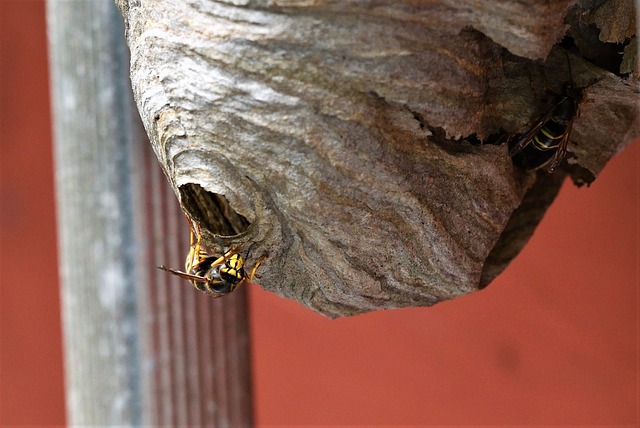
Wasps are active in the summer, often found near food and drink. They get aggressive when they feel threatened, which is why it’s essential to keep these volatile little insects at bay.
Keeping them at a distance prevents the potential for getting stung, but it also prevents the wasps from building a nest near your house.
So, prevention is better than annihilation.
Female wasps build their nests in and around houses and other structures with little hidey-holes, such as eaves, attics, and tree hollows. And once there’s a nest, the queen lays her eggs, growing the population rapidly.
The eggs are laid in spring, ready to terrorise your neighbourhood in late summer and early autumn.
Garden doctor Louis says:
Deal with wasps humanely but quickly. This way, you avoid the constant aggravation in your garden and continue to protect the species.
What attracts wasps to your garden?
Wasps are attracted to sweet smells and bright colours, predominantly white and yellow. So, they’re most likely to build their nests near bins, flowers, and brightly coloured objects.
Interestingly, like most insects, wasps can’t see the colour red, so dress yourself up in head-to-toe scarlet, and you’ll be invisible! Although you might look like Lady Gaga in her meat costume!
As the wasp colony grows, the wasps look for new places to build a nest. This exacerbates the infestation, encouraging the critters to move into your home.
Understanding wasp habits and behaviours
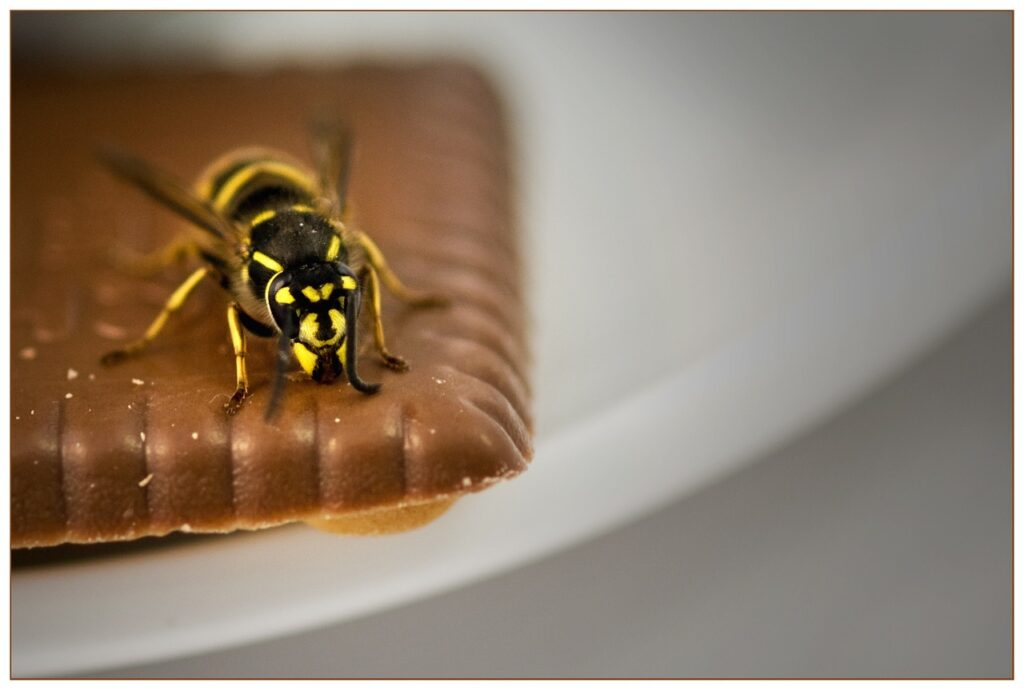
If you understand the behaviour profile of these aggressive creatures, you’re better equipped to prevent infestations.
Wasps eat sugary substances, such as:
- Fruit
- Nectar
- Chocolate
- Jam
- sugar
However, they’re also carnivores, feeding on other insects.
They’re social creatures that live in colonies ruled by a queen. And just like bees, most of the wasps are workers, supporting the longevity of the colony.
The dreaded sting!
Wasps will sting when either physically threatened or if they feel their nest or food source is under threat.
If you get close to a wasps nest, stay as calm as possible. Avoid swatting and hitting out, as this will worry them into attacking!
Why is it important to fight wasps
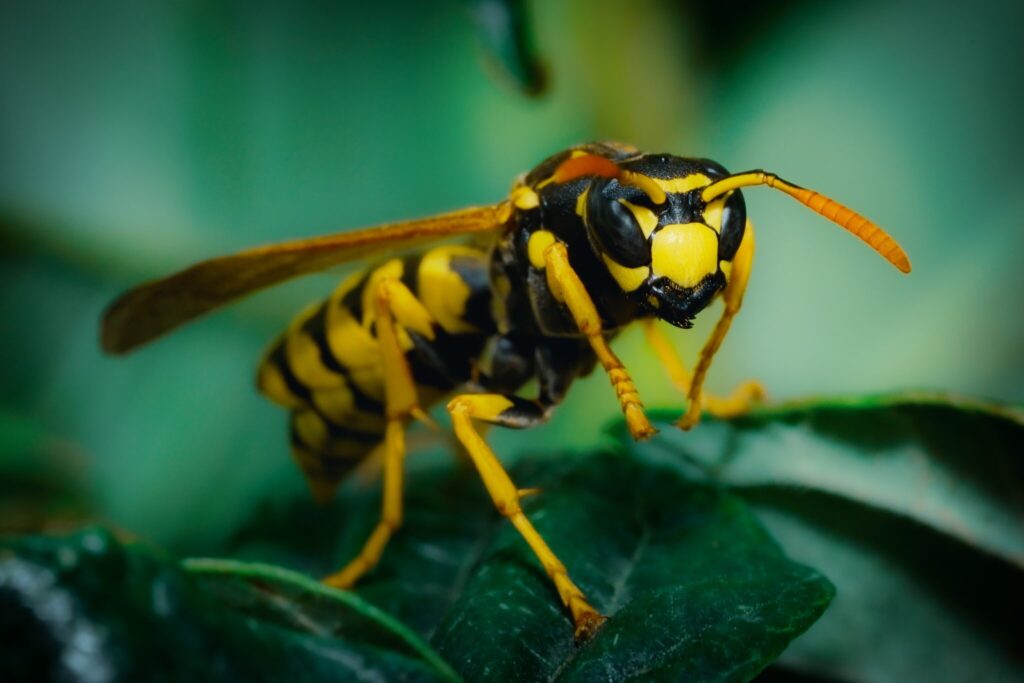
Maybe, “fighting wasps” aren’t the right words here — because the last thing you want to do is get into a fight with a wasp. Because ultimately, you’ll lose one way or another.
Apart from stinging, some people are allergic to wasp stings. And, just like flies, wasps can spread germs after visiting festering bins, which is another reason to keep wasps under control. In general, however, wasps aren’t generally associated with spreading diseases.
Natural ways to scare away wasps
There are several natural methods of keeping wasps away.
One of the most effective ways is coffee, but there are other ways to keep these annoying insects at bay.
Chasing away wasps with coffee
We might love our morning cup of Joe, but wasps really don’t. So, place a few bowls of ground coffee around your patio — this will prevent wasps from coming anywhere near because they hate the smell of burnt coffee.
Scare wasps with a plant sprayer
A simple and inexpensive way to scare away wasps is with a plant sprayer.
Fill it with water, and spray directly onto the wasp. You’ll fool it into thinking it’s raining, and it will retreat to its nest.
Scare away wasps with sound
Use an ultrasonic wasp scarer to discourage wasps from hanging around. While we can’t hear the sound, it emits a high frequency that wasps can’t bear.
These devices are widely available online, so it’s a good way of deterring wasps without hurting them.
How to kill wasps
You might have an allergy to wasps, or perhaps they’re proving an insurmountable problem. In this case, you might consider ways to eliminate the problem altogether.
But rather than attacking the nest, you could catch individual pests with a wasp trap.
Wasp traps
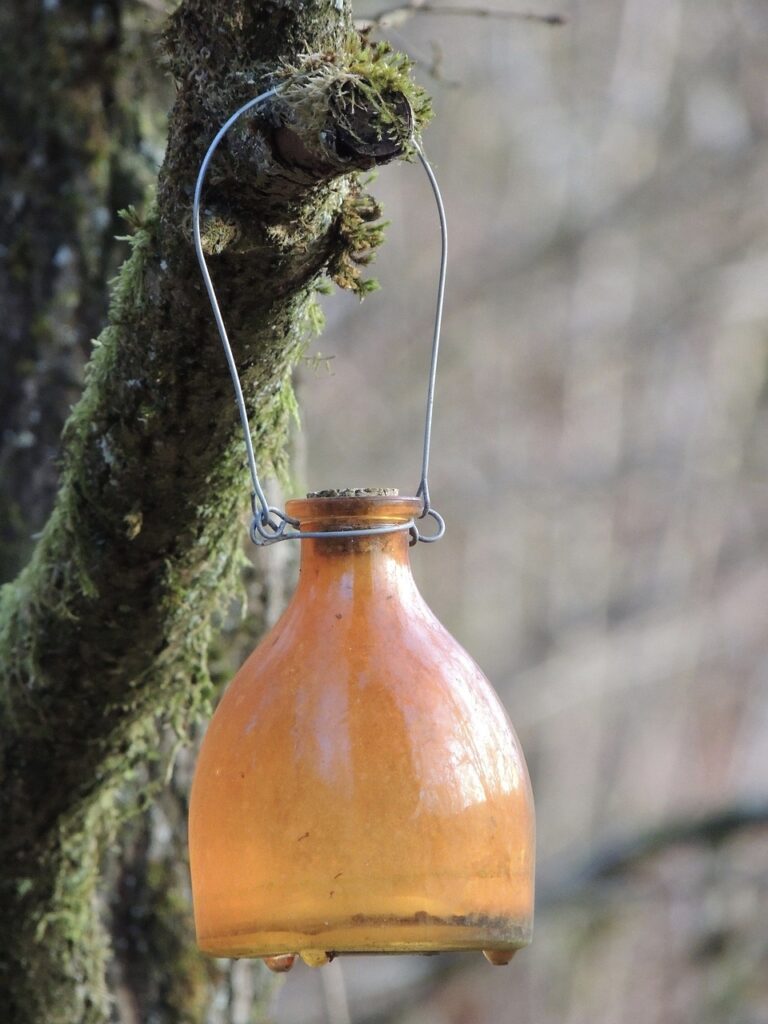
A wasp trap is an effective method of addressing your wasp problem. Widely available online (or make one yourself), you’ll attract wasps with sweet, sticky liquids that ultimately catch and kill them.
How to make a homemade wasp trap
You’ll need a plastic fizzy drink bottle, scissors, and sweet liquid.
- Cut off the top of the bottle with scissors, and pour some sweet liquid, such as lemonade syrup, into the bottle.
- Dilute the liquid with a little water or alcohol.
- Add a couple of drops of dish soap. This reduces the liquid’s surface tension, ensuring the wasp sinks and drowns.
- Place the trap close to where you’re sitting — it will attract the wasps, keeping them away from you.
Chemical approaches to scaring wasps
If you find that the natural methods aren’t cutting the mustard, try chemical approaches to scaring the wasps away.
Scaring wasps with ammonia
Ammonia is a proven way to keep wasps at bay.
Mix a little ammonia with water and sprinkle it onto a cloth. Place the fabric nearby, and it will discourage the wasps from bothering you.
However, this approach has a STRONG smell, and it’s as likely to keep your friends and family away as the wasps!
Discourage wasps with citrus
One of the more pleasant approaches to detracting wasps is to expose them to citrus oils, such as peppermint, spearmint, eucalyptus, citronella, and lemongrass.
Additionally, bay leaves and basil will trigger the wasp’s strong sense of smell and keep them away as well.
What to do if you get stung by a wasp
Clean the area around the sting with soap and water if you’re stung by a wasp. Place ice on the site to reduce the swelling.
In the unlikely event that the sting is left in your skin, remove it as soon as possible. This will prevent it from releasing more venom. Scrape it out, using a gentle, sideways action, using a card with a hard edge, such as a bank card. Alternatively, carefully use your fingernails if you don’t have a card handy.
Never use tweezers to pull out the sting, as you could squeeze the venom sack, releasing more sting into your skin!
Preventing wasp infestations in your house
There are many ways to avoid an infestation:
- Keep food and beverages covered and clean
- Fill in gaps in your eaves or around windows to prevent wasps from building a nest
- Keep bins covered
- Clean up immediately after eating.
How to safely remove a wasp nest
If there’s a wasp nest near your home and the insects are causing problems, perhaps consider extermination.
However, removing a wasp nest is best done by a professional who will have all the equipment to exterminate the colony safely. It may be tempting to tackle it yourself, but you need specialist equipment, including suitable PPE.
The chance of something going wrong when removing a wasp nest the DIY way is high. I don’t recommend risking it!
Claim back your garden!
Wasps are a common summer pest, but there are many ways to scare them away. Always consider natural approaches first:
- Coffee grounds
- Plants sprayers
- Scaring them off with noise.
If those approaches don’t work, consider a harm-free chemical approach, using citrus oils or strong-smelling garden flowers, such as geraniums.
FAQs
There are several ways to scare wasps away without reaching for chemicals. Use plants to discourage invasions, such as mint, eucalyptus, or citronella. Alternatively, hang a fake wasp nest near your house — it will encourage a new colony to seek out another territory.
Wasps have a strong sense of smell. Strong fragrances, such as coffee, peppermint oil, bay leaves, and basil, detract them. These smells confuse their senses, making it difficult for them to find prey. Other fragrances that repel wasps include eucalyptus oil, citronella, and vinegar.
You can use wasp spray, widely available in supermarkets and hardware stores. Additionally, keep wasps at bay by covering your bin and keeping your outside and indoor spaces free of food debris.
Any questions?
I hope I’ve covered all your queries about controlling wasps in your garden. But if you have any questions, don’t hesitate to ask.
Or check out our comprehensive Help & Advice section for expert tips about gardening and lawn care.
Thanks for reading!
Leave a comment
Your answer will be displayed on the site and the interested party will be notified by email.
Leave a comment
Have a question or want to share your experience? Leave us a comment.
Read more
The best tips and tricks for a lush green lawn
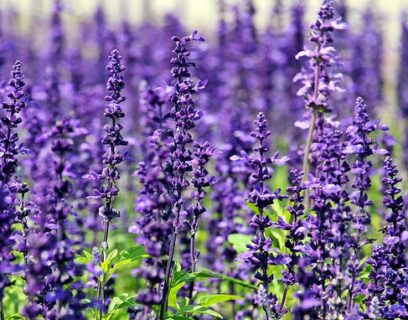 7 MIN
13 Sep
Lavender Cuttings: a step-by-step guide
7 MIN
13 Sep
Lavender Cuttings: a step-by-step guide
 11 MIN
10 Sep
Create Your Low-Maintenance Garden – Tips and Ideas
11 MIN
10 Sep
Create Your Low-Maintenance Garden – Tips and Ideas
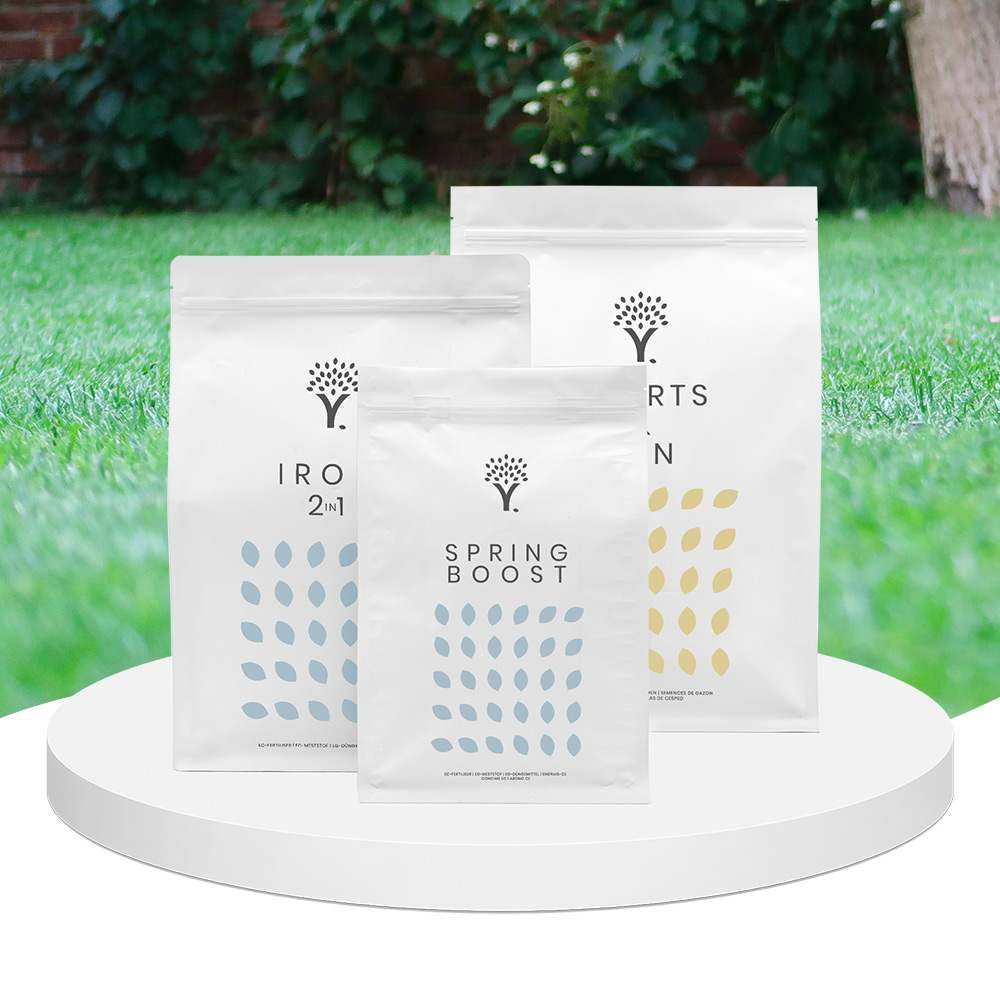 Scarifying Kit
All products after scarifying | Quickly restores the lawn after scarifying | Outsmart weeds quickly with the use of this kit
From: € 39.99
Scarifying Kit
All products after scarifying | Quickly restores the lawn after scarifying | Outsmart weeds quickly with the use of this kit
From: € 39.99
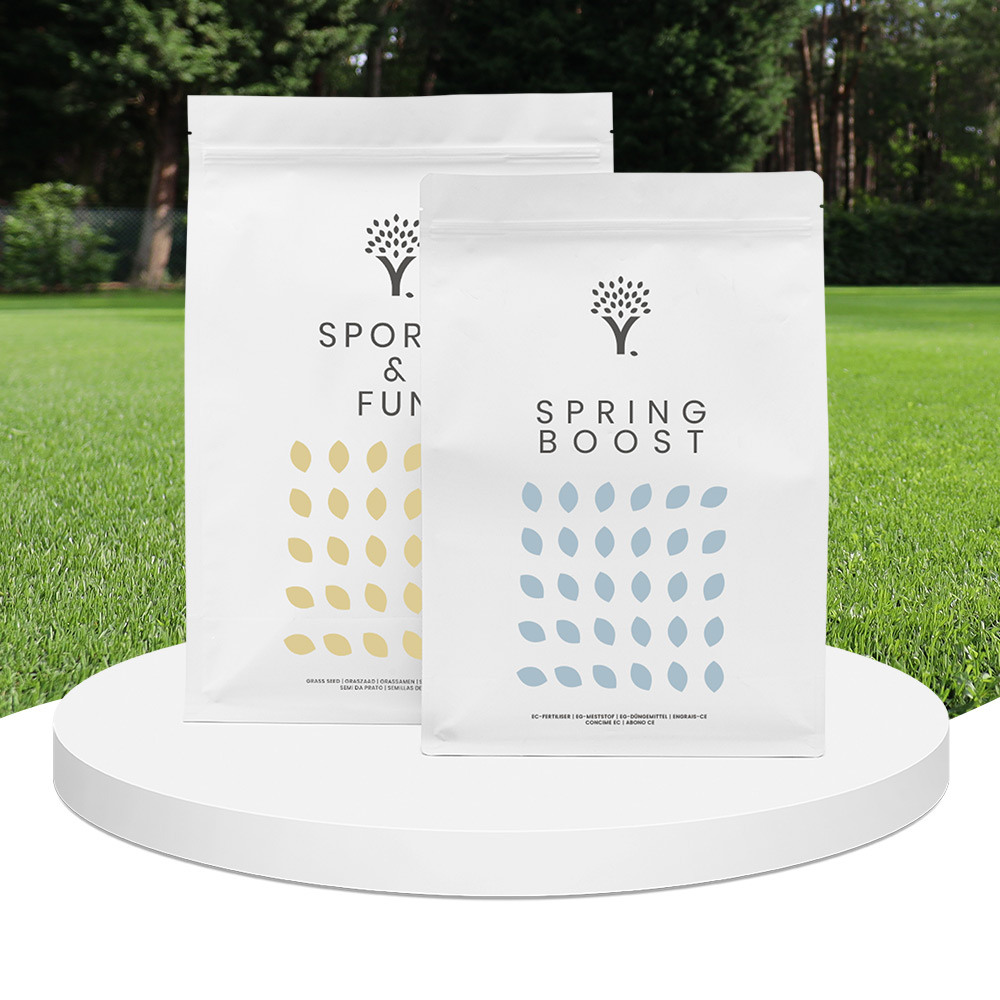 Spring Lawn Care Kit
MOOWY’s choice for the spring | Quick recovery of your lawn after winter | A strong lawn prevents weeds
From: € 25.99
Spring Lawn Care Kit
MOOWY’s choice for the spring | Quick recovery of your lawn after winter | A strong lawn prevents weeds
From: € 25.99
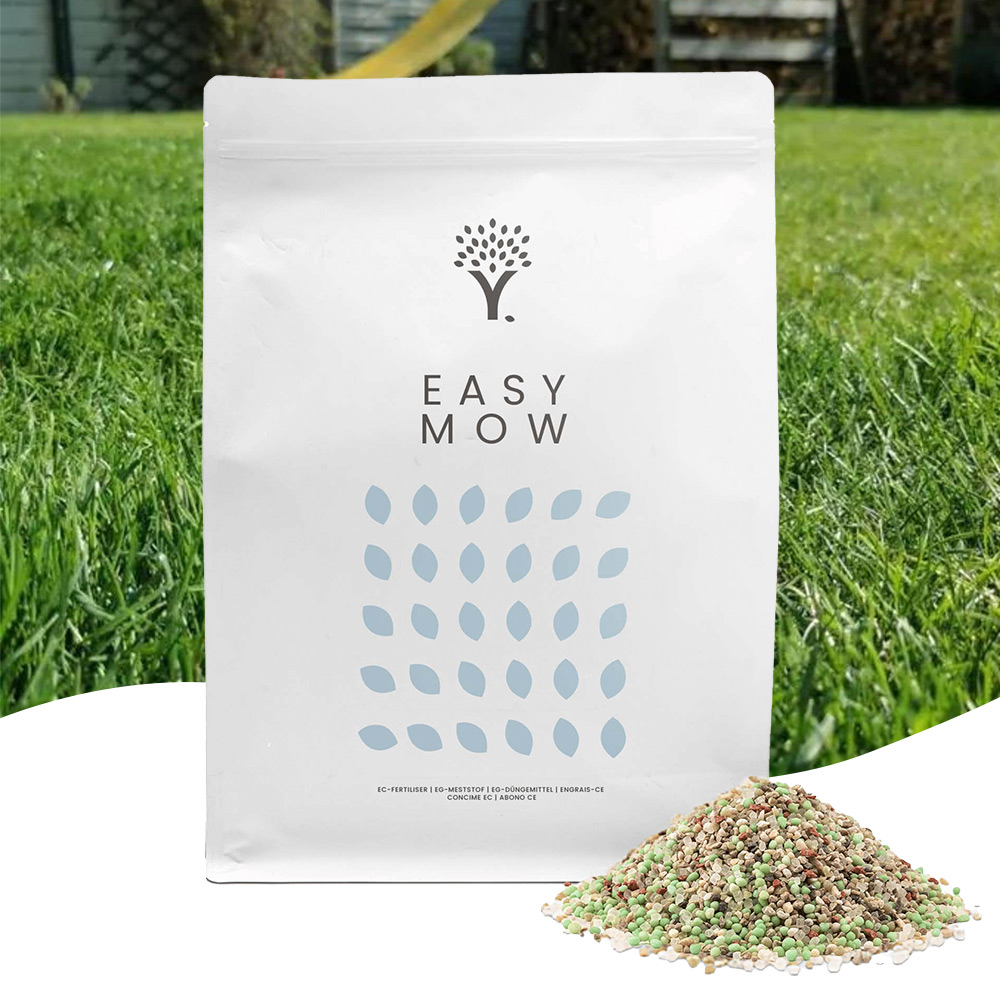 Long Lasting Lawn Fertiliser
Effective for 90 days | See results in 14 days! | Suitable for all types of grass and soil
From: € 13.99
Long Lasting Lawn Fertiliser
Effective for 90 days | See results in 14 days! | Suitable for all types of grass and soil
From: € 13.99
Do you want a lawn calendar?
🌱 All important maintenance moments for your lawn during the year. Leave your email and we will send you the lawn calendar for free.
Enter your email
Receive the lawn calendar in the mail
Enjoy a green lawn all year round!




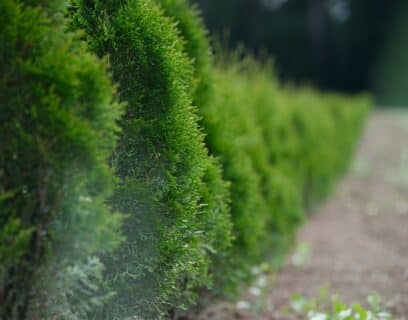


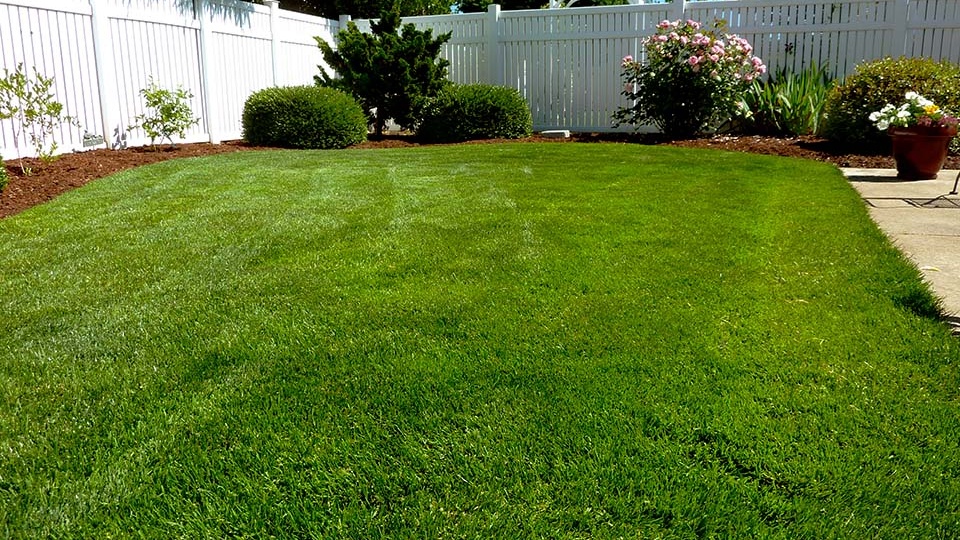
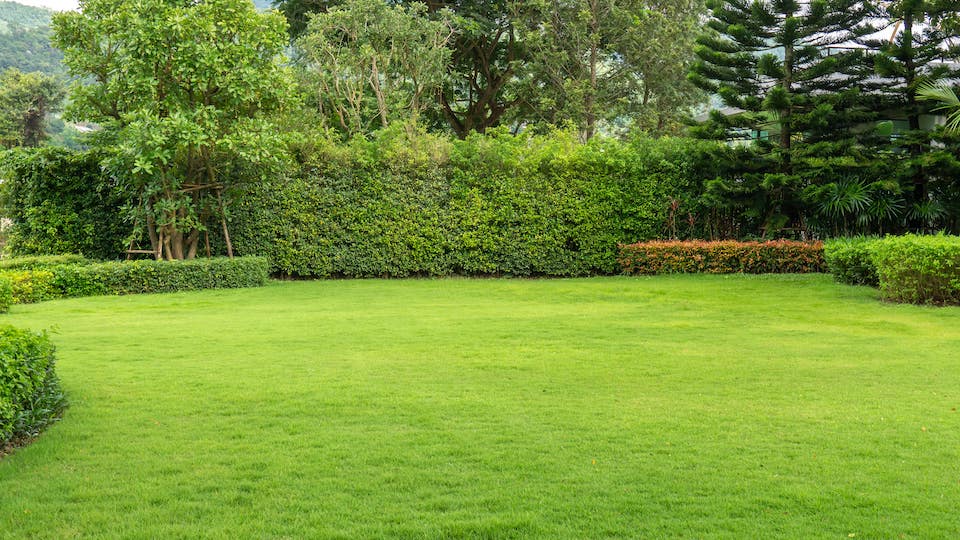
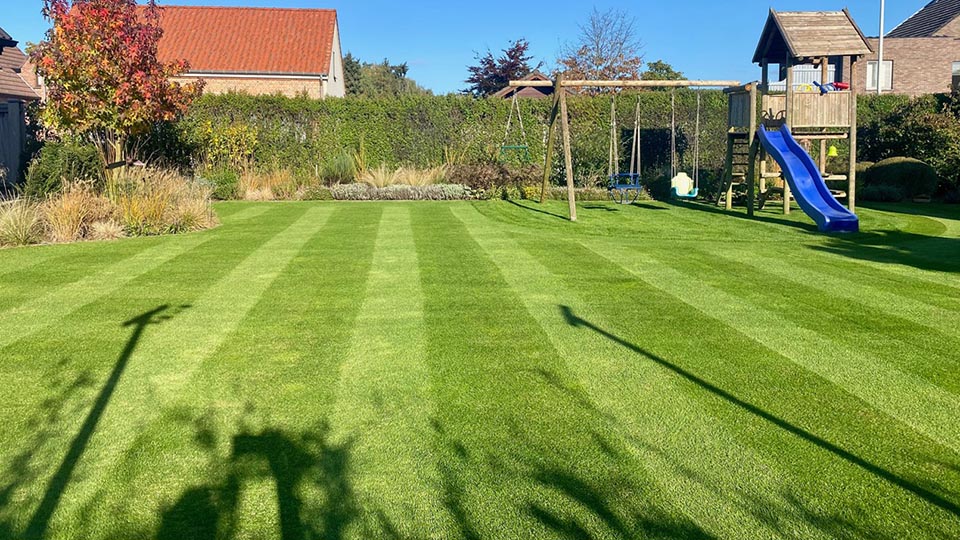
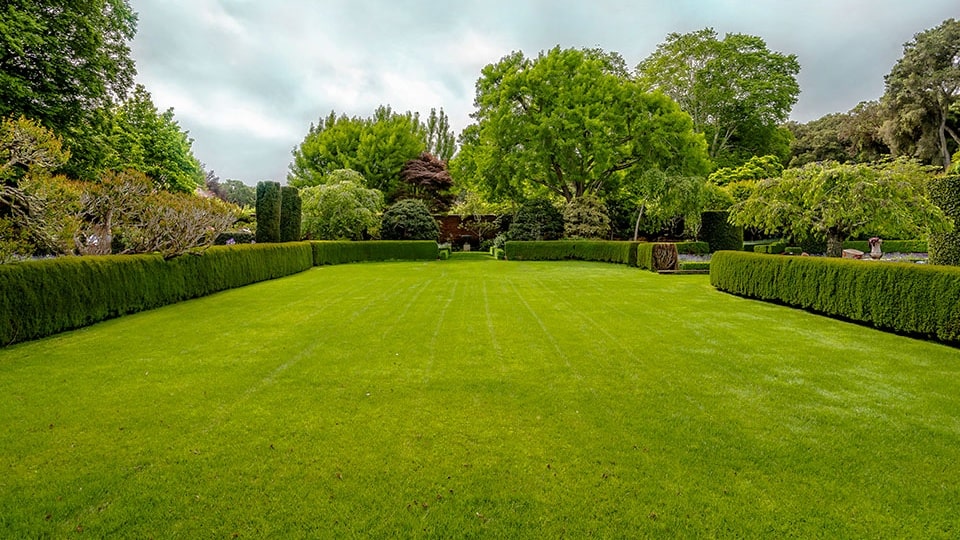
Comments (0)
There are no comments yet. Well then, what are you waiting for to
Be the first to write your comment!inaugurate this pretty page?
Do you have some comments?